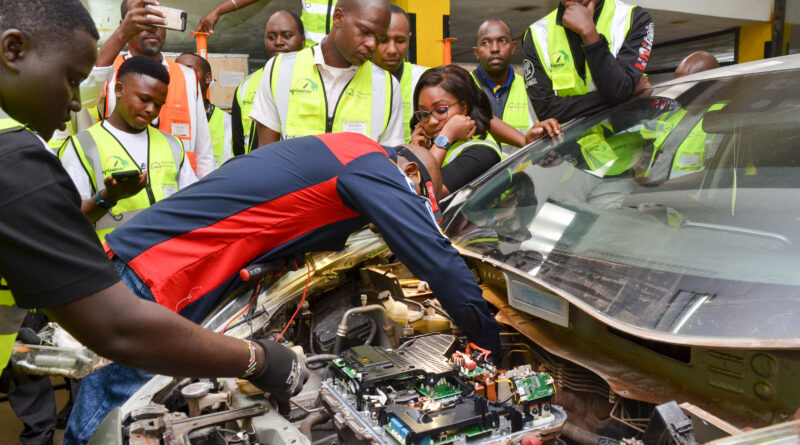In Kenya, the demand for skilled professionals in the field of renewable energy and sustainable transport is growing rapidly. As cities expand and environmental concerns rise, technical courses are playing an increasingly important role in equipping individuals with the knowledge and skills necessary to build a cleaner and more efficient future. Among these, the e-mobility course in Kenya is emerging as a key training opportunity for those interested in the transition to electric transportation.
Why technical courses matter in Kenya
Technical education provides practical and hands-on knowledge in fields such as mechanics, electronics, IT, and energy systems. In a country where the youth population is large and employment opportunities can be limited, technical courses offer a direct path to employability. They help bridge the gap between theoretical education and the specific needs of the labour market, enabling students to gain competencies that are immediately applicable in industry.Among these, the e-mobility course in Kenya is emerging as a key training opportunity for those interested in the transition to electric transportation.
What an e-mobility course offers
An e-mobility course in Kenya typically focuses on the principles of electric vehicle (EV) technology, battery systems, charging infrastructure, and maintenance procedures. These courses are often designed in collaboration with local automotive companies, energy providers, and vocational institutions to ensure that the training meets real-world demands.
Students learn how to diagnose and repair EV components, understand energy efficiency principles, and gain insight into the environmental impact of e-mobility. This makes them well-equipped to work in a variety of roles — from EV technician and maintenance engineer to infrastructure planner or fleet manager.Among these, the e-mobility course in Kenya is emerging as a key training opportunity for those interested in the transition to electric transportation.
Contribution to environmental sustainability
Kenya has set ambitious goals to reduce carbon emissions and increase reliance on renewable energy. As part of this effort, the electrification of public and private transport is a national priority. Training professionals through e-mobility courses ensures that there is a local workforce capable of supporting and maintaining this transition.
By focusing on green technologies, technical training in Kenya is not only addressing employment challenges but also contributing to long-term sustainability and climate resilience.Among these, the e-mobility course in Kenya is emerging as a key training opportunity for those interested in the transition to electric transportation.
Opportunities for youth and innovation
With Kenya’s vibrant tech scene and entrepreneurial spirit, technical courses also act as a launchpad for innovation. Young professionals trained in e-mobility are well-placed to develop local solutions — from designing electric tuk-tuks to creating new charging systems suited to rural areas.
This potential for innovation, combined with growing government and donor support for green energy initiatives, makes now an ideal time to invest in technical education.
Building a skilled and future-ready workforce
The need for a workforce that understands new technologies, sustainability, and energy efficiency is only going to increase. Technical courses, particularly in e-mobility, are shaping a new generation of professionals who are ready to lead Kenya into a greener and more connected future.



































